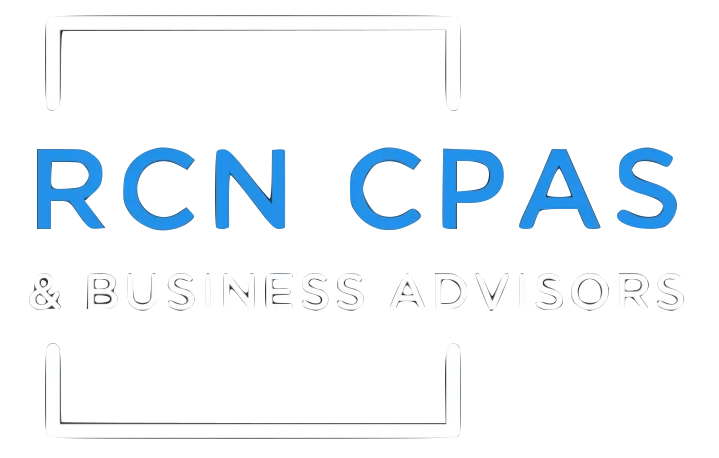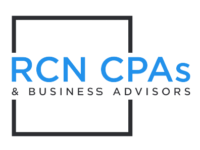Small Business Tax Audit Triggers: What You Need to Know

Tax audits can be a nerve-wracking experience. Whether you operate a sole proprietorship, partnership, LLC, or corporation, the prospect of a tax audit can be stressful and time-consuming. To avoid this ordeal, it’s essential to understand the common triggers that can lead to a tax audit.
We will explore some of the key factors that might catch the attention of tax authorities and provide guidance on how to reduce your audit risk.
Discrepancies in Income Reporting
One of the most common triggers for a small business tax audit is inconsistencies or discrepancies in income reporting. This can occur when there is a mismatch between the income reported on your tax return and the income reported to the IRS by third parties, such as clients, customers, or financial institutions. To avoid this trigger, make sure your financial records are accurate and reconcile any discrepancies promptly. Keep thorough records and report all income accurately to the IRS.
High Deductions
While legitimate deductions are essential for reducing your tax liability, claiming an unusually high amount of deductions compared to your income can raise red flags. Tax authorities may scrutinize your deductions, particularly if they seem out of proportion to your business’s size or industry standards. To minimize your audit risk, maintain detailed records for all deductions and ensure they are justifiable and within the limits of tax regulations.
Inadequate Documentation
Insufficient documentation can be a significant audit trigger. If you’re unable to provide documentation to support your claimed expenses, deductions, or income, you may face an audit. Proper record-keeping is crucial. Maintain organized financial records, including receipts, invoices, bank statements, and any other relevant documents. Having a robust record-keeping system can help you substantiate your financial activities during an audit.
Frequent Losses
You may experience losses, especially in your early years. However, reporting losses year after year can raise suspicion. The IRS may question whether your business is genuinely engaged in profit-making activities or if you are using it as a tax shelter. To minimize your audit risk, demonstrate that your business has a legitimate profit motive and a reasonable expectation of profitability in the future.
Large Cash Transactions
Large cash transactions can attract the IRS’s attention, as they may be associated with unreported income or tax evasion. If your business frequently deals in cash, it’s essential to keep thorough records of all transactions and report your income accurately. Complying with anti-money laundering regulations and reporting cash transactions when required can also help prevent issues.
Inconsistent Filing
Consistency is crucial when it comes to filing your tax returns. Frequent changes in accounting methods, tax treatments, or discrepancies between different tax forms (such as Schedule C and 1099s) can trigger an audit. Ensure your tax filings are consistent and that you seek professional advice when making significant changes to your accounting methods.
Understanding the common triggers that may lead to an audit is the first step in minimizing your risk. Seek professional guidance when needed, you can reduce the chances of a tax audit and ensure your business remains compliant with tax regulations. Schedule a discovery session with one of our tax experts here.
Remember that tax compliance is not just about avoiding audits; it’s also about maintaining your business’s reputation and financial stability in the long run.






